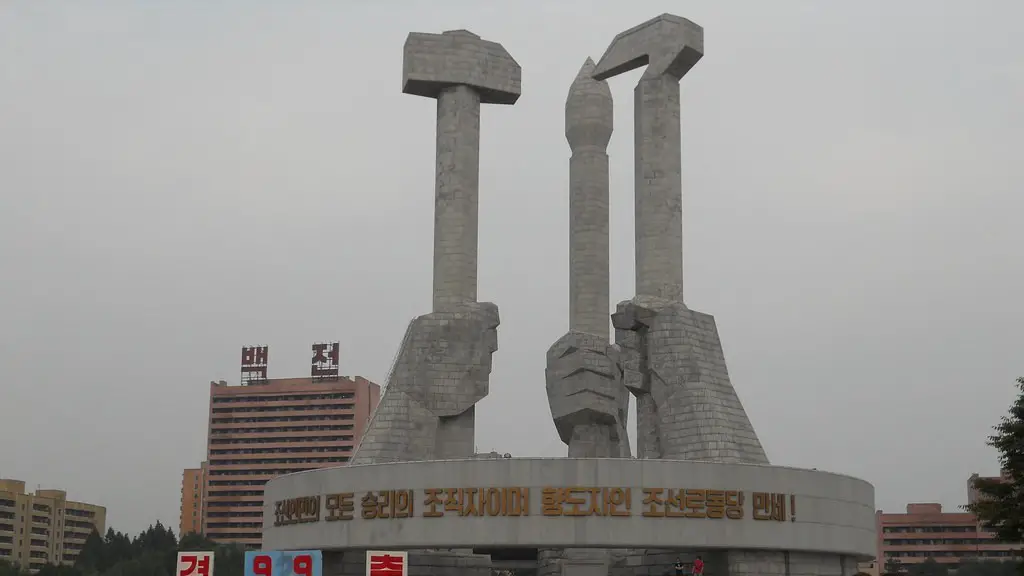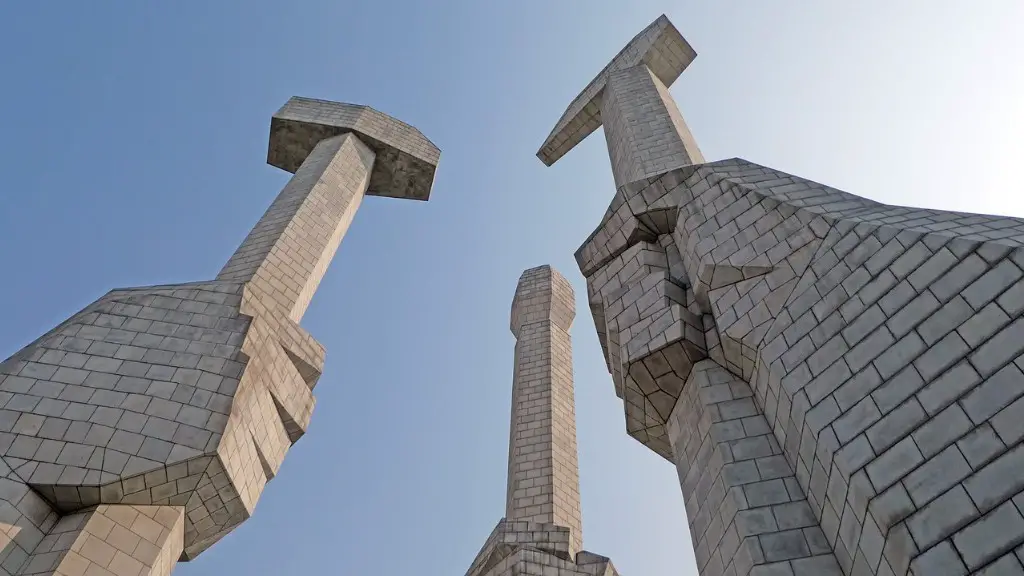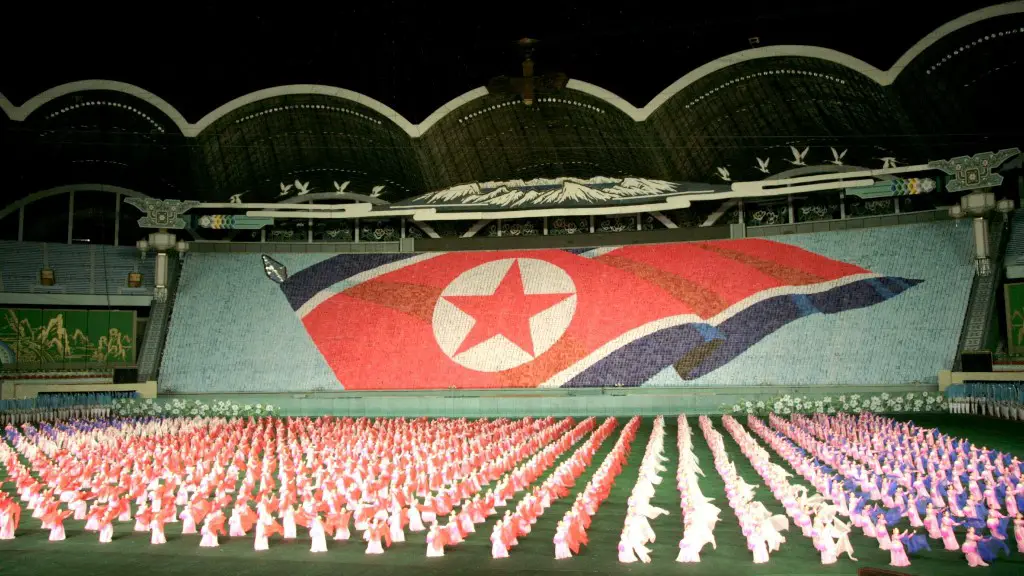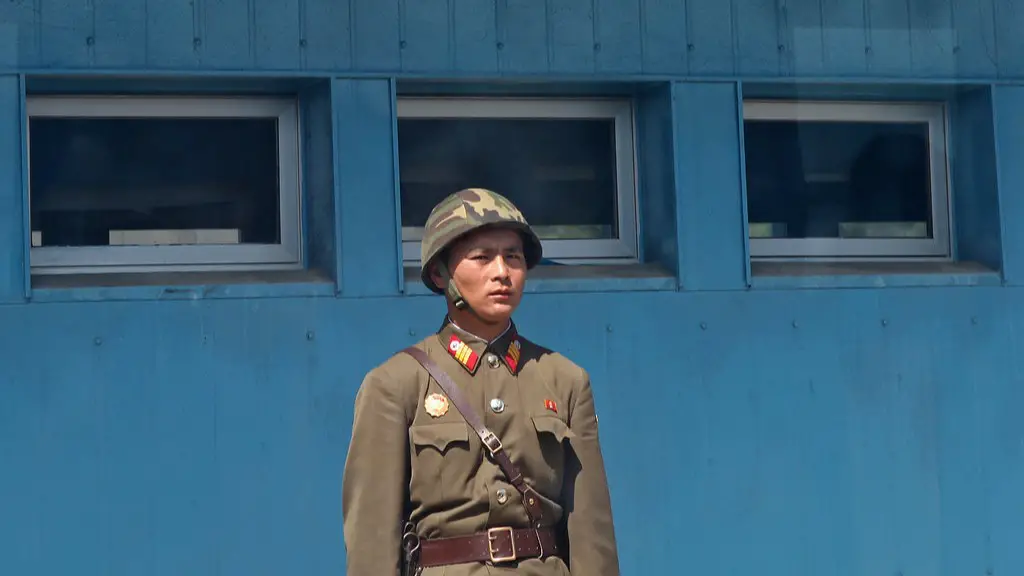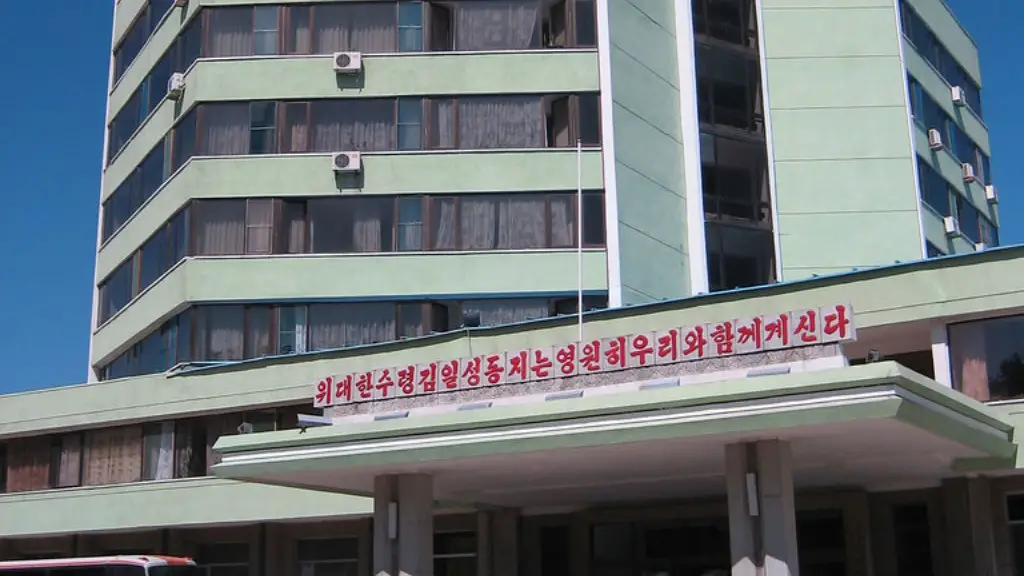North Korea is a nation shrouded in mystery and unpredictability, often causing international concern and debate as to its future. With recent developments in its relationship with the US, what will become of the Hermit Kingdom? This article seeks to explicate the potential outcomes for North Korea, with a special focus on the effects of denuclearization and President Trump’s initiatives.
On the 9th of June 2018, President Donald Trump and North Korean Leader Kim Jong-un made history by shaking one another’s hands in Singapore, signalling a newfound friendship between their countries. The topic of discussion was denuclearization, the aspirations of both leaders detailed in a comprehensive joint statement. According to Dr. Cho Myung-chul, an expert in Inter-Korean Relations, this document had a “stronger language in terms of denuclearization” than had been seen during previous negotiations.
This agreement between both nations has been met with a mix of scepticism and optimism. Discussions of denuclearization are not new for North Korea, having experienced the Agreed Framework in 1994 and the Six-Party Talks of 2003-9. The dismal state of these former negotiations has weighed heavily on the minds of many analysts; Jamie Metzl, a Senior Fellow of the Atlantic Council, believes that “it is hard to be too optimistic” due to the older diplomatic failures.
On a more positive note, however, there is hope for see change in the relationship between North Korea and the US due to President Trump’s different approaches towards the issue. According to Scott Snyder, director of the Programme on U.S.-Korean Policy at the Council on Foreign Relations, the President of the United States “has taken on a more personal role in North Korea diplomacy” than seen before, with Trump apparently being more willing to take the risk of negotiations.
However, North Korea has been incredibly ambitious with its demands, seemingly asking for a grand boon in exchange for the relinquishment of its nuclear weapons. This gives doubt to the success of both parties in terms of negotiations, yet Dr. Sung-Yoon Lee of the Korean Studies Programme at the Fletcher School emphasises that there is much in it for the US as well. Any arrangement of denuclearization would be beneficial, with some speculating the things-in-return could range from US withdrawal of troops from South Korea, multiple sanctions and embargoes, or even foreign aid.
Lack Of Initial Action
Since the Singapore summit, there has not been any tangible progress in denuclearization. Although signed, the joint statement released by both parties has been criticised by analysts, who believe that those hopes of Kim Jong-un’s denuclearization would not occur without stringent discussion and the most rigorous of check-ups. To date, North Korea is yet to produce any form of concrete evidence that the talks are progressing positively.
The lack of action from North Korea has been seen by some as a sign of criticism for the US, as Chung Min-Lee preaches that “they’re trying to signal to the United States that coming to the table is not enough”. The international community has responded with hesitancy, with North Korea often being late to the negotiating table. As such, there is a healthy scepticism surrounding the future of the discussions, with many feeling that they will reach the same fate as their predecessors.
Recent Developments
In December 2018, North Korea seized a South Korean vessel in Chinese waters, accused with the offence of illegal fishing within North Korea’s exclusive economic zone. South Korea responded with outrage and demanded the immediate return of the ship and its crew. It was met with an apology from North Korea and diplomatic presentation between North and South, leading some analysts to speculate a betterment in ties.
Meanwhile, President Trump announced in June 2019 of his intentions to hold a summit between him, President Moon Jae-in of South Korea and Chairman Kim Jong-un at the Korean demilitarized zone. It was expected to include discussions on denuclearization, yet this was postponed shortly afterwards. Although a later meeting was then set for the 16th of June, no news or further action has emerged since.
Effect Of Economics On The Region
It’s worth noting too that while the war of words and diplomatic moves continue, economics continues to take its toll on the North Korean people. According to Theo Jensen, a North Korea analyst, North Korea’s economic situation is “gravely worsening”. Sanctions and embargoes remain firm, with the nation often failing to find buyers for their exports. This has adversely hit the North Korean economy, and the nation is doing all it can to try and bring more hard currency into the country through any means necessary.
The UN World Food Programme currently predicts that about 10.1 million people could be food insecure in 2019. Additionally, a WFP region-wide income monitoring survey noted that 63 per cent of households reported having “insufficient income” to cover the costs of nutrition, and in this very context, the large-scale economic burden placed on the North Korean people would be rather difficult to ignore.
The Humanitarian Crisis
An area that has received minimal attention in recent years is the hardships faced by the North Korean people. It is evident that the relationship between North Korea and the US continues to be volatile, with mistrust and scepticism aplenty. Pastor Peter Jung of the Open Door Mission only magnifies this further, pointing out that some North Koreans are “persecuted for their faith despite being outlawed”.
The action of the North Korean government also contributes to the current suffering. The nation poorly manages its resources, shown in instances where rationing of food is sometimes needed. Furthermore, as reported by the UN Commission of Inquiry on Human Rights in North Korea (COI), desperate circumstances of extreme poverty has cause some North Koreans to partake in activities such as false-marriages for the purpose of money.
The Impact Of International Pressure
This is not to say, however, that the international community has done nothing to help this situation. According to the WFP, international pressure to provide humanitarian aid is growing, and so is the amount of aid received. South Korea alone donated funds estimated at US $2.7 million to the WFP in 2018, while donors such as the United States, the United Kingdom and Japan are also said to be active in the provision of humanitarian aid.
Recently, a growing number of organisations have become devoted to the provision of aid to North Korea, such as the World Vision, which sent 8 shipments of humanitarian aid to North Korea in 2018 alone. This included some 10,111 tons of food, with the shipments being intended for 100,000 North Korean children, pregnant and lactating women, and other vulnerable individuals, departing from the South Korean port in Busan.
Final Outlook For North Korea
To finally conclude, it is difficult to accurately predict what will become of the North Korean nation, with many uneased yet hopeful of a more ideal future for both its people and the whole region. While international pressure has enabled progress in certain aspects, North Korea’s economic woes and managing of its resources continue to be crucial issues that need to be addressed. Its relationship with the US also remains uncertain, with developments in negotiations between the two largely dependant on the coming decisions of both parties.
The continuation of sanctions, embargoes and other forms of foreign interferences could possibly help in the process of denuclearization and the halting of its nuclear programme altogether, yet these assertions must still be further explored to find a suitable, long-term solution. It is clear that the future of the Hermit Kingdom is still largely unknown, yet only time will tell what lie ahead for North Korea.
